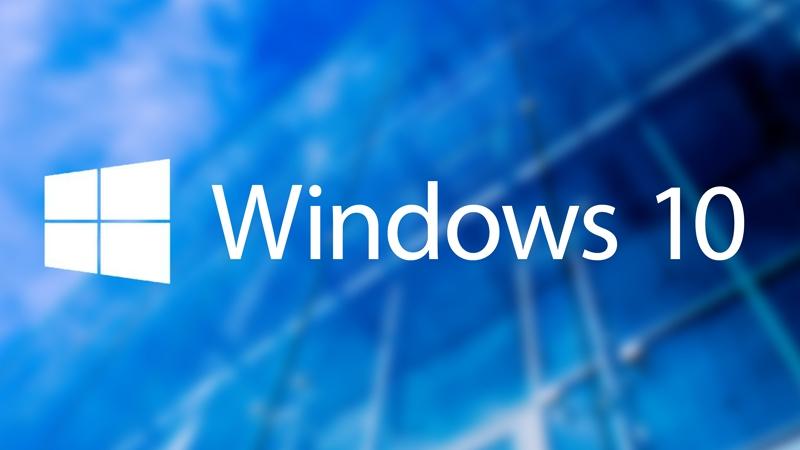You have successfully survived Get Windows 10 nagware: here’s the bad news.

On July 29th, the bell tolls on the “Get Windows 10” nagging messages and “forced” upgrade attempts, on Windows 7 and Windows 8 users PCs.
Some have been exceptionally vocal about not wanting Microsoft Windows 10 on their PCs, even with consistent evidence that Windows 10 is not only far more stable than any previous Windows operating system, but it also features capabilities previously unseen, like Cortana integration, native support for virtual desktops, and a simpler interface that is easier on the eye than any previous Microsoft OS, and built to work on tablets too.
Well, those who really, really don’t want Windows 10 on their laptops and desktop, are about to get their wish granted, as the free upgrade offer is about to expire for good. No more nagware. No more free Windows 10.
The sad part is that, among those who have been the most vocal about Windows 10 (Yes Forbes, Quartz and Fox News: we are talking about you), no one has even bothered suggesting the easiest and least painful alternative to messing around with the Windows registry, or download third-party nagware blockers, which is (get this): install Windows 10, and roll-back to Windows 7 or Windows 8!
Why would you want to do that, you ask? Simple: should the remote possibility that empirical evidence suggests that Windows 10 is actually a pleasant operating system to work with, upgrading and activating Windows 10, even temporarily, will register your copy as a legit Windows 10 license, which will allow you to install Windows 10, free of charge, past the July 29th deadline.
Nothing to lose, lots to gain
There is a wealth of advantages to considering the option to upgrade your laptop to Windows 10, including the fact that Windows 10 will work also on very old computers, as long as they have a 1GHz CPU, and 4GB or RAM. On top of that, older laptops notoriously loaded with bloatware won’t have the same issue with Windows 10, as the operating system ships free of any third-party adware or trialware.
Privacy
Some have raised concerns about privacy issues in relation to Windows 10 “phoning home”. By that token, some may remember that the same concerns were raised, at some point or another, in connection with every single version of Windows, since Windows 95, and while there is no way to confirm it, we are quite sure that Microsoft is not the only one listening in, no matter how thick we line the tinfoil.
Security
Compared to Windows 7 and Windows 8, or any previous version of Windows, Windows 10 is the most secure, and the only one that comes with full native encryption with BitLocker, even for Home users. The only difference between Windows 10 (Home) and Windows 10 Pro, is that in the former, users will be able to encrypt the entire hard drive, while the latter will allow users to encrypt arbitrarily single files and folders with more granular controls. With that said, the quality of the encryption is identical across all version of Windows 10.
Last call for Windows 10
The deadline is fast approaching, and those who choose to stick with Windows 7 or Windows 8 without taking advantage of the free upgrade, will have to shell out full price, if they ever decide to switch. The home edition of Windows 10 is priced at $119, while the Pro edition will set you back $199.